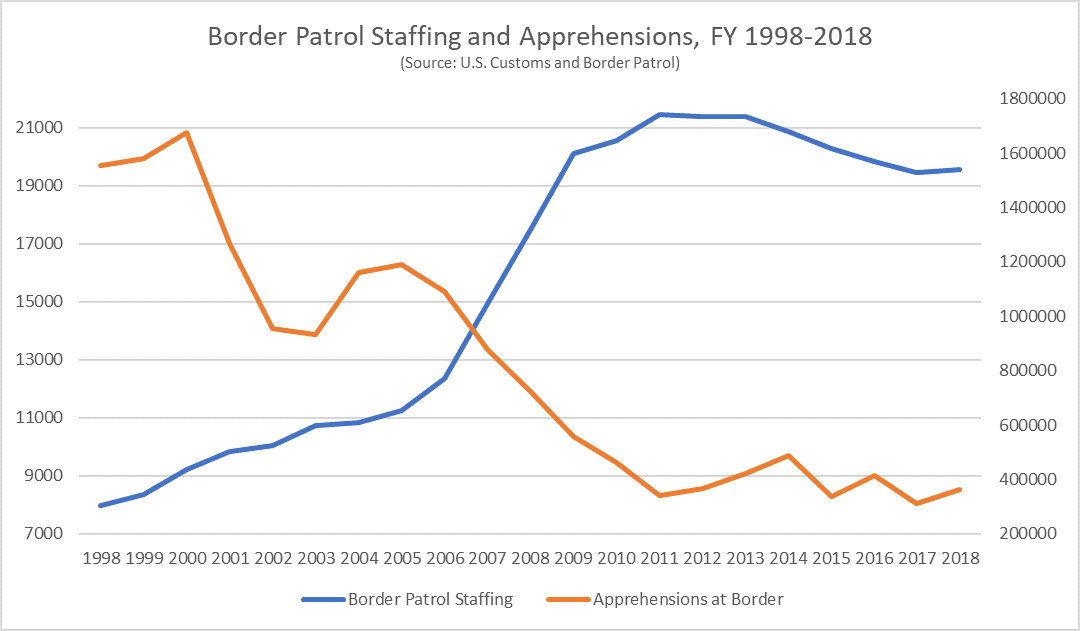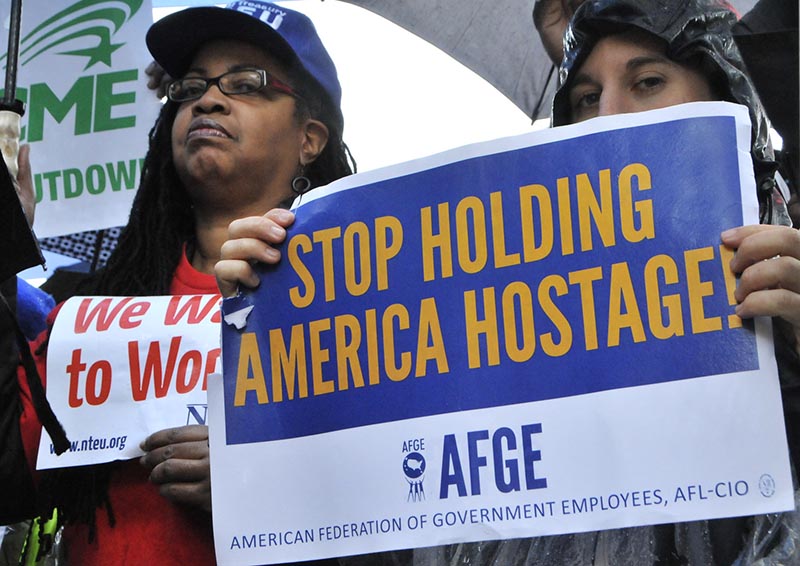FOR IMMEDIATE RELEASE
February 8, 2019
CONTACT
NILC: Hayley Burgess, [email protected], 202-805-0375
Asylum Access: Lisa D’Annunzio, [email protected], 909-215-1639
Immigrant Defenders Law Center: Lindsay Toczylowski, [email protected], 213-534-7181
Groups File FOIA Request to Demand Transparency on Implementation of “Remain in Mexico” Policy
WASHINGTON — Advocacy groups are seeking information regarding the Trump administration’s recent changes to the asylum process at the southern border, which have been outlined only in vague terms so far but promise to significantly change the process as we know it. Asylum Access and Immigrant Defenders Law Center, represented by the National Immigration Law Center, filed a Freedom of Information Act (FOIA) request this week to demand transparency from the U.S. and Mexican governments on the “Remain in Mexico” policy and other key changes to the asylum-seeking process recently announced by the Trump administration.
“U.S. government agencies must be held accountable for their actions. To this day, children are still in the process of being reunited with their parents, there have been multiple deaths in U.S. Customs and Border Protection (CBP) custody, and there has been a dearth of information about the impact and implementation of the newly introduced ‘Remain in Mexico’ policy,” said Josh Rosenthal, staff attorney at the National Immigration Law Center. “The government has a responsibility to be clear and open about how they plan to implement these new changes to the asylum-seeking process, and we will demand that it be held accountable.”
Under this drastic new policy, asylum-seekers allegedly will be forced to wait in Mexico while their asylum claims are being considered by the U.S. government. Until this recent change, people seeking asylum would await their court date in the U.S., but the Trump administration has indicated that under the “Remain” policy, it will force such people to wait in Mexico until they are summoned to their court hearing. Neither the U.S. nor Mexican government has been clear about the implementation plan, although it has already gone into effect.
“Both the U.S. and Mexican governments have a responsibility to be clear and straightforward about their involvement in the implementation of new policies and regulations about seeking asylum at the southern border,” said Lindsay Toczylowski, executive director of the Immigrant Defenders Law Center. “The process of sending asylum-seekers to wait in Mexico for their applications to be processed requires coordination with the Mexican government, which has acquiesced to unreasonable demands from U.S. agencies and officials. We have a right to understand the details of an agreement that is putting people’s lives at risk.”
“This is part of a broader effort to discourage people from seeking asylum and is undermining their ability to do so. This is immoral and goes against not only international law, but is in stark contrast to who we aspire to be as a nation,” said Diana Essex-Lettieri, deputy director of Asylum Access. “We believe it is critically important that the U.S. provide safe haven to those who need it. Some refugees will not be safe in Mexico, or will not be able to rebuild their lives effectively there. The U.S. must comply fully with its own obligations to provide full and fair asylum proceedings. We will continue to fight for the right to seek asylum for all refugees, including all those who seek refuge in the U.S.”
The FOIA request seeks documents related to the coordination between the U.S. and Mexican governments for the purpose of metering, waitlisting, vetting, impeding, and/or preventing asylum-seekers from accessing ports of entry at the U.S.’s southern border, as well as documents related to the processing and detention of asylum applicants who present themselves at southern border ports of entry.
The FOIA request is available at www.nilc.org/wp-content/uploads/2019/02/AA-ImmDef-FOIA-Request-2019-02-05.pdf.
###









